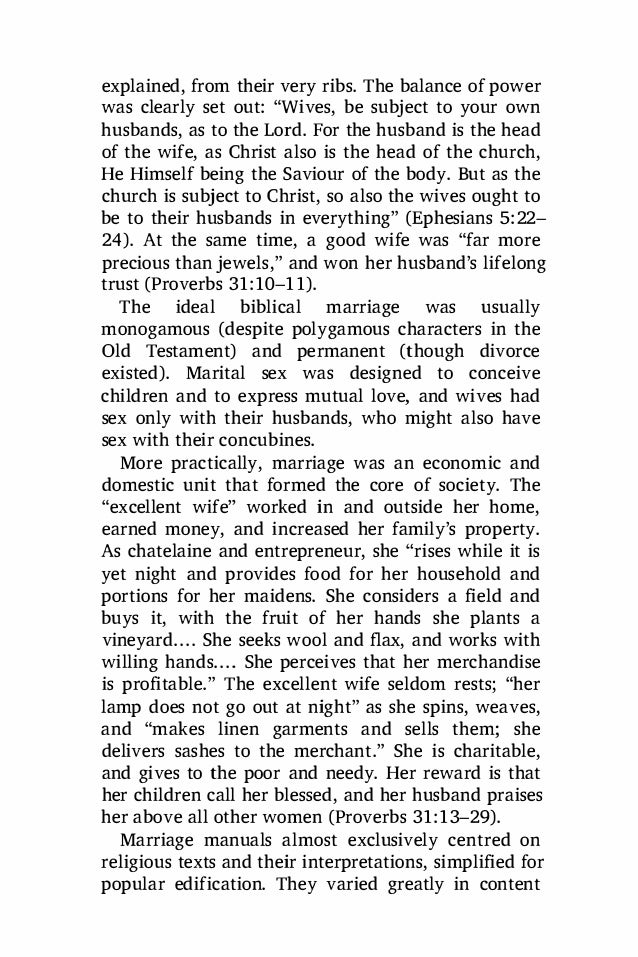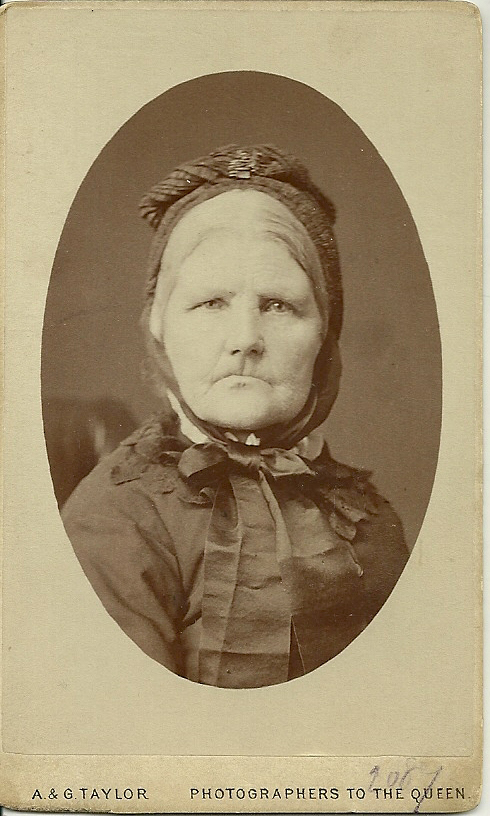
:max_bytes(150000):strip_icc()/history-of-marriage-2300616-FINAL-5c0199fd46e0fb000151295a.png)
After stretching the limits of the three-month visitor visas Felipe used to stay with her in the U.S., the Department of Homeland Security finally issued an ultimatum: get married or Felipe would be barred permanently from the country.Īnd so, in a rushed engagement Gilbert describes as “more like something out of Kafka than out of Austen,” the two pledged to marry in the interrogation room of the Dallas/Fort Worth Airport before embarking on a peripatetic year, spent mostly on the un-purgatory-like beaches of Bali, awaiting the clearances and paperwork necessary before the dreaded deed could take place.īut Gilbert was determined not to feel like she had merely capitulated. The title of Gilbert’s surprisingly entertaining new book: Committed: A Skeptic Makes Peace with Marriage is our first clue that her pledge didn’t hold.

We had attended friends’ weddings that were full of warmth and a sense of connectedness and we wanted, I suppose, a piece of that feel-good pie. Part of the motivation was practical: on what other occasion would our families meet that wasn’t one of our funerals but it would be churlish to say that romance didn’t play a role. So why did we do it It certainly wasn’t pressure from our families, our indifferent kids or a latent desire for respectability.

I’m not sure then if irony or hypocrisy was the operative term when, 13 years and two kids into a happy common-law union, my partner and I found ourselves scouring the internet for someone to perform a small, secular wedding ceremony at our cottage (a lapsed Unitarian minister and dead-ringer for Peter Sellers who was living common-law: he was ours immediately). And wasn’t looking for new ways to bring stress and debt into one’s life a kind of perversity But really, it wasn’t so much that I was against marriage, it just didn’t strike me as important or necessary, particularly given that common-law couples enjoyed roughly the same legal rights as married ones. My parents had already set the bar pretty low, but as I got older my awareness of marriage’s patriarchal roots also struck me as unsavory. It kills me,” she declares) which they root in a pact: “to never, ever, under any circumstances, marry.”Īs a product of the 1970s’ divorce epidemic, “sanctity” and “inviolability” were not words that came to mind when I thought about marriage. Eat, Pray, Love’s neat, fairytale ending had Gilbert hooking up Felipe, an older, divorced Brazilian gem trader with whom she finds a more sober, mature happiness (“I can no longer do infatuation. Her 2006 memoir, Eat, Pray, Love, about the travels she undertook when her marriage imploded, topped bestseller lists and, if that weren’t reward enough, Julia Roberts will play her in a movie version of the book to be released this summer.

In Elizabeth Gilbert’s case, however, divorce-or at least her ruminations about it-has been a windfall. Marriage is grand, but divorce is a hundred grand, the saying goes.


 0 kommentar(er)
0 kommentar(er)
